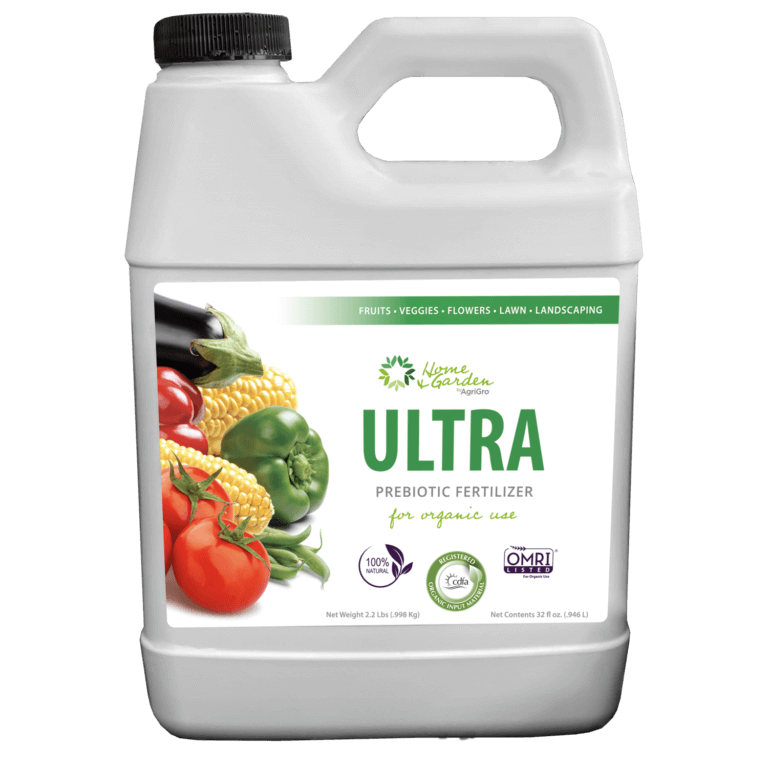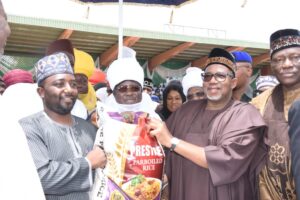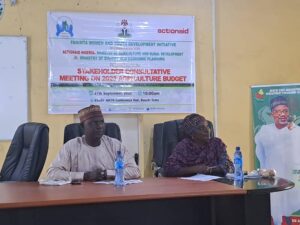
By Rilwan Muhammad
Fertilizer is undoubtedly one of the most important ingredients of farming, especially in areas with low soil fertility. It could be said that, fertilizer is to soil what oil is to soup; for, without fertilizer on a land with low fertility status, productivity would not be as expected.
A survey by the Federal Ministry of Agriculture and Rural Development revealed that almost 80% of land used for farming in Nigeria is deficient in major elements the soil needs for nourishing the plants that grow on it.
A report by the Food and Agriculture Organisation of the United Nations (FAO) showed that Nigeria is one of the countries with high declining soil fertility. It was estimated that the country was losing an average of 24kg nutrients per hectare per year.
Although there was a postulation that the figure would drop with the investment on fertilizer, farmers need to take their soil fertility status seriously to enable for optimum production and productivity.
Fertilizer is a substance used in agricultural production to provide crops with essential growth nutrients. In a broader perspective, fertizers are divided into organic and inorganic. The former (organic fertilizer) is one that is derived from organic sources and the latter (inorganic or synthetic) is manufactured artificially and contains minerals that are beneficial to crops, supplying the needed nutrients for growth and development.
Inorganic fertilizers, also known as chemical fertilizers, account for between 40 and 60% of the world food supply, meaning that most of the farming we do in the world is chemical fertilizer assisted. Fertilizer application in Nigeria, despite the deficiency of key elements in the soil, is still below 50kg per hectare, far below the recommended average rate of 200kg/ha of the Food and Agriculture Organisation.
One reason for the low application of fertilizer in the country, perhaps, is due the soaring price of the fertilizer. The current price of NPK ranges from N9,000 to N20,000 and slightly above, depending on the type and composition.
Although the presidential fertilizer initiative has done well to some extent in increasing the availability and affordability of assorted fertilizers to farmers, a lot needs to be done in the fertilizer industry to increase both its availability, affordability and quality.
In some places, the “Buhari Fertilizer” – as the farmers call it – is sold at between N8,000 and N9,000 per bag, as against the normal price of N5,000 or N5,500.
What this tells farmers is: you need to resort to the old way or devise other means to enrich your soil to be able to produce optimally.
The best alternative, or at least the one that is relatively affordable is the use of organic fertilizer, which comes in different forms such as manure, compost, sewage sludge, industrial waste, etc.
If you take Farmyard Manure (FYM) for example – which is the decomposed mixture of livestock excreta, urine, litter, and remnant of organic matter – could be obtained in fairly large quantity by a farmer, especially the one practising mixed farming.
For farmers practising mixed farming, the simple way to gather as much organic manure as possible is to always ensure a healthy barn. Make it a habit to sweep the barn every day and gather the droppings of the animals in one place. You will be amazed at the quantity you would get after some time. When animals eat, they defecate, which means getting the dung you are in need of.
If you a farmer who does not practise mixed farming, check the neighbourhood and find out those who rear animals and would not care to use the droppings. If it could be arranged for you to be getting the manure gratis, then that saves you the cost of buying. You could also heap wood ash left after cooking, if you’re using firewood as home biofuel. Ash has a varying amount of elements such as nitrogen, calcium, magnesium, potassium, etc.
Experts advise that when using manure, it should be stored in such a way that it would agitate and stir the activities of microorganisms for some time before taking it to the farm for field spreading. Because organic fertilizers take some time to breakdown and make their nutrients available to the soil, it is advised that farmers apply it a few months before planting.
After taking it to farm, farmers should leave the heaps of the organic fertilizer furled and spread after the first rain (during the false onset) but before the full establishment of rainfall, when the microbial activities must have been spurred up. This way, the crops and the soil would both be fed and enriched; a situation that guarantees better productivity in the end.
With organic fertilizer fully incorporated into the soil during ploughing or ridging, the quantity of chemical fertilizer the farmer may need would be less, thereby reducing his production cost by appreciable percentage. And for farmers that carryout soil test, it is even easier for them to get the exact quantity required by the soil as both the available soil elements and those needed to be supplemented would be ascertained through the test.
Aside from saving farmers the cost of purchasing many bags of chemical fertilizers, the use of organic fertilizer on the soil has other advantages as thus:
• Organic manure provides all the nutrients that are required by plants, albeit in limited quantities.
• It helps in maintaining Carbon-Nitrogen (C:N) ratio in the soil and also increases the fertility and productivity of the soil.
• It improves the physical, chemical and biological properties of the soil.
• It improves both the structure and texture of the soils.
• It increases water holding capacity of the soil.
• It releases the nutrients slowly to the soil and provides organic material that feeds both the soil and the plant.
• Crops that are grown purely with organic fertilizer are more healthier and safer for human consumption.
Now that prices of chemical fertilizers are skyrocketing, farmers should devise other means to ensure optimum production while carefully minimising the cost that is associated with buying inputs. And the best alternative or, as I wrote earlier, the affordable one is for farmers to source and use organic fertilizers that have been proven by research to improve soil fertility. While it is difficult to go all organic, you will save yourself a lot of cost, of course, when you use organic fertilizer.
For example, where you will need 5 bags of NPK without organic fertilizer, you may require just 2 bags, perhaps, when you supplement it with, say, manure or poultry droppings. The big challenge with manure, however, is that it is required in large quantity.
Rilwan Muhammad can be reached via reedwandk@gmail.com 07061124918


